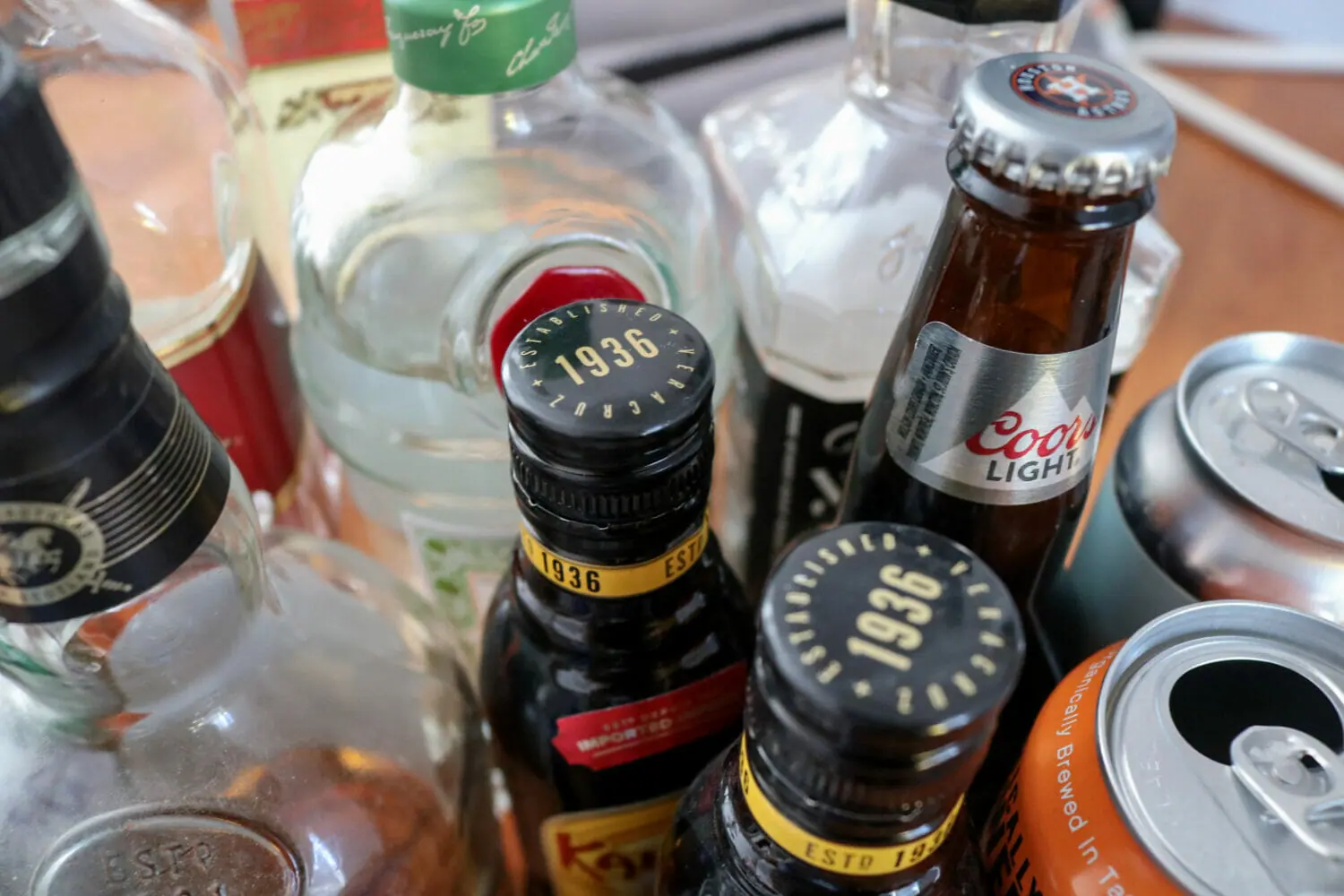As the season shifts from summer to autumn, hordes of freshmen arrive at Dalhousie to begin their undergraduate career. They will be greeted by infectious smiles, boisterous student leaders and a strict rule: no alcohol during orientation week. Higher education institutions like Dalhousie University face numerous challenges during O-week, often fueled by alcohol.
A preventative measure?
University drinking culture is an issue with widespread ramifications. Promoting a “dry O-week” is a preventative measure taken to avoid alcohol-related incidents. In Nova Scotia, a significant portion of incoming freshmen have not reached the legal drinking age of 19. University, for many, is an entirely new environment and there can be a very vulnerable transition from home life to university life. This vulnerability is often made worse – and in some cases, fatal – with alcohol abuse. Dalhousie also wishes to respect the peace of non-students in Halifax. Regardless, there is reason to question the ban.
Prohibiting booze in residence is a fantasy. Whether you look at the failures of alcohol reform in 1920s America or real student experiences as a freshman, it is an undeniable fact that students will drink regardless of policy. A school that takes up such paternalistic regulation does not respect their students as adults who can make their own decisions. Furthermore, this ban can encourage the mystification and allure of university drinking. Having an open stance on alcohol consumption will encourage reduced drinking.
There are good intentions behind the drinking ban, especially considering the alcohol-induced death of a first-year international student in 2015. Despite the ban, though, Dalhousie’s drinking culture has hardly subsided.
Reactive, not proactive
It is an unfortunate trait common in higher ed institutions to be more reactive than proactive. Universities must not mistake discretion for eradication. The consumption of alcohol and other substances will happen in O-week and beyond. Instead of stopping excessive drinking in residence, this measure will only encourage students to be more secretive with their drinking. This means that students will engage with drink outside the school’s sphere of influence. By making drinking more open during orientation, the university ensures students are around to access helpful resources on campus like Tiger Patrol, residence staff and medical services.
More effective measures exist to promote a healthier drinking culture. Strictly dry events are great for students who cannot legally drink and those looking to avoid alcohol consumption. Educational information about healthy drinking habits is necessary for students who do drink. Proactive outreach is simple and effective. I believe the posters highlighting the risks and regulations surrounding alcohol have more of an impact on the overall alcohol culture in Dalhousie than the ban. Additionally, university is not the sole space for alcohol related issues. Incoming students will have been exposed to drinking, whether they partake or not.
It is not Dal’s place to criminalize alcohol but to enforce an environment that promotes safe consumption. Until Dal focuses on more proactive measures to establish healthier consumption, first years will simply find ways to hide the booze.



Recent Comments